marine earth and atmospheric sciences
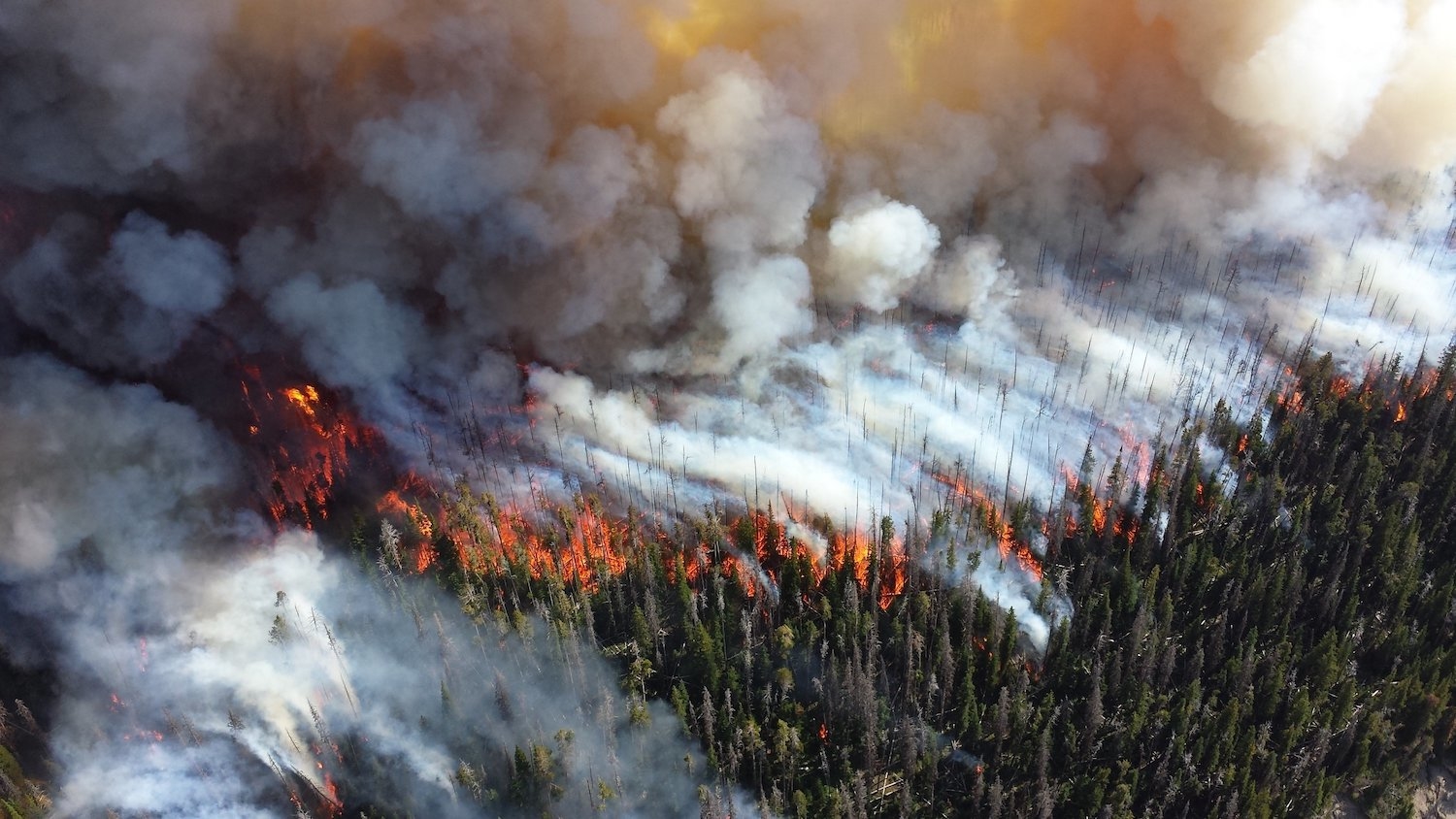
Fires and Climate are Changing. Science Needs to Change too.

Podcast: Toxic Algae
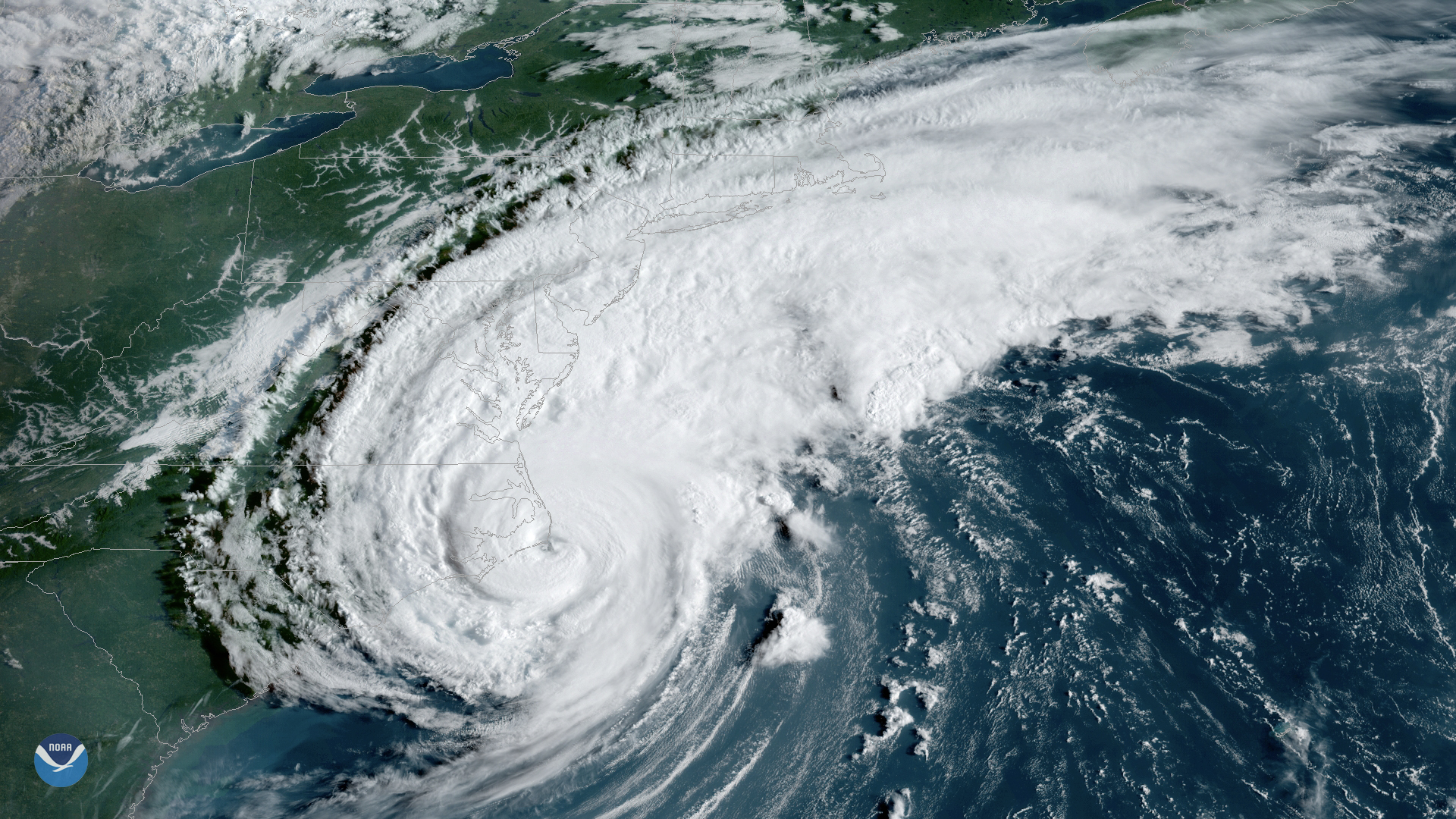
NC State Researchers Predict Active Hurricane Season
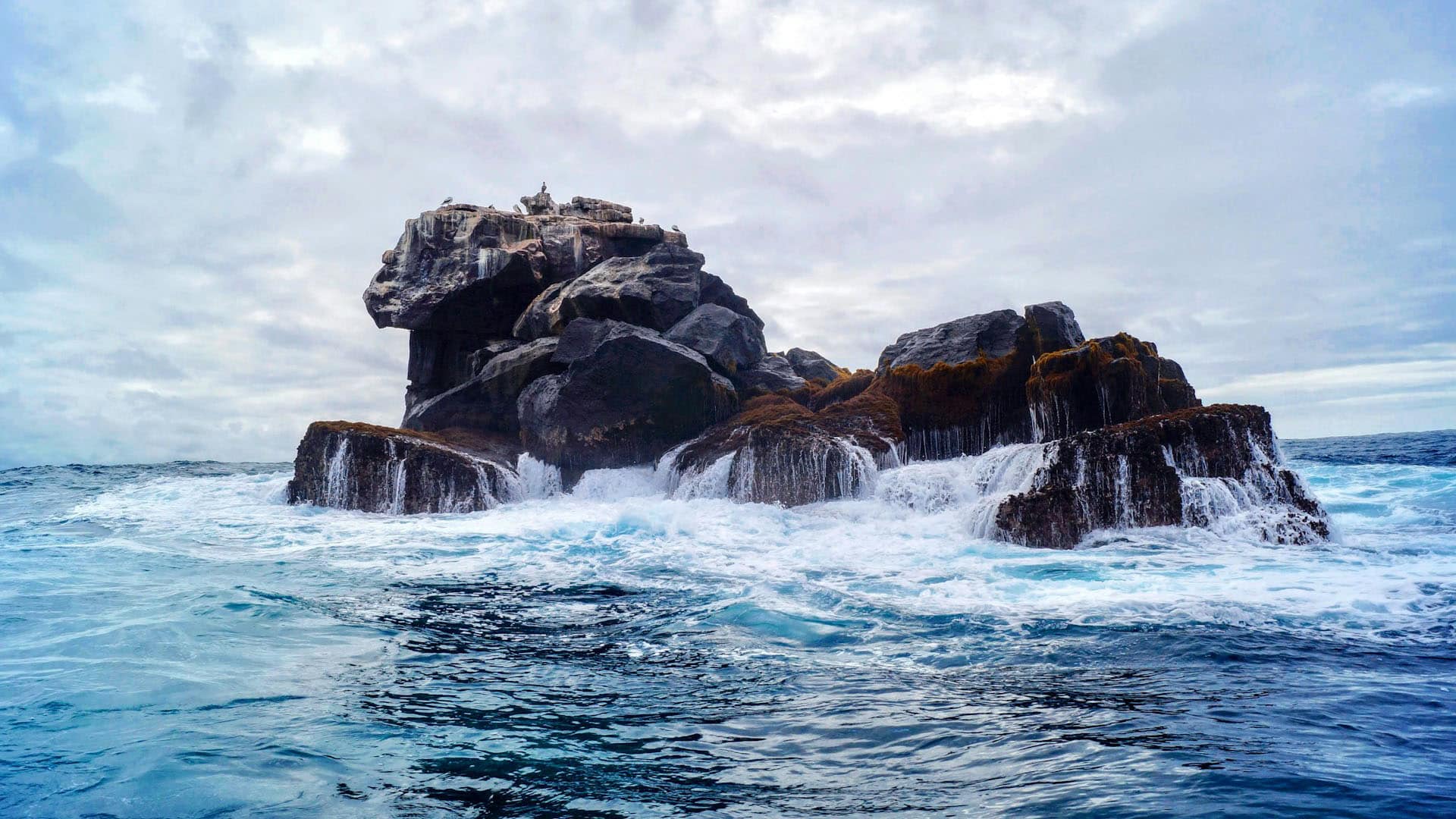
Understanding Wind and Water at the Equator Key to More Accurate Future Climate Projections
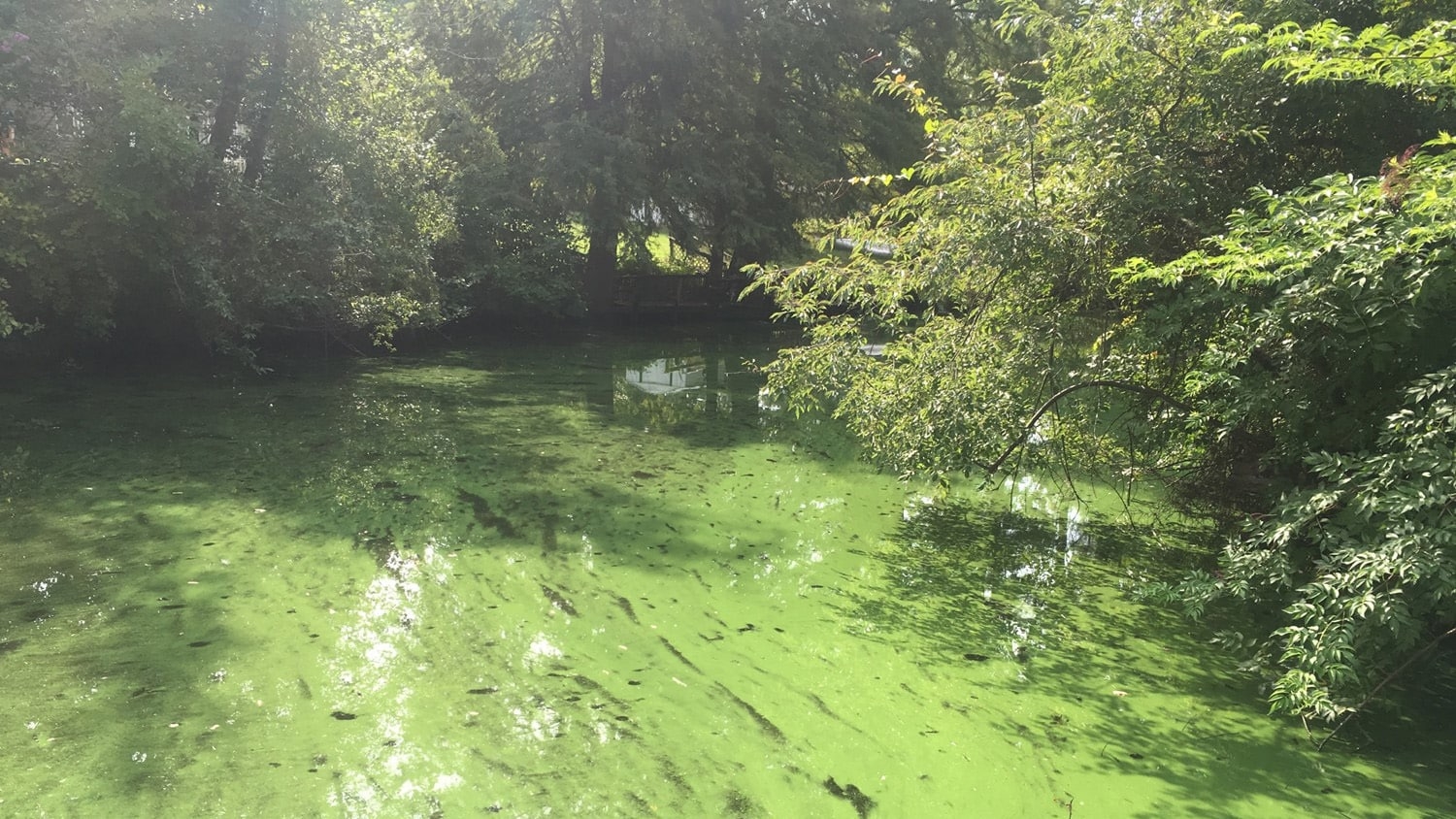
NC State Receives $6.9 Million From NSF, NIEHS to Fund New Oceans and Human Health Center
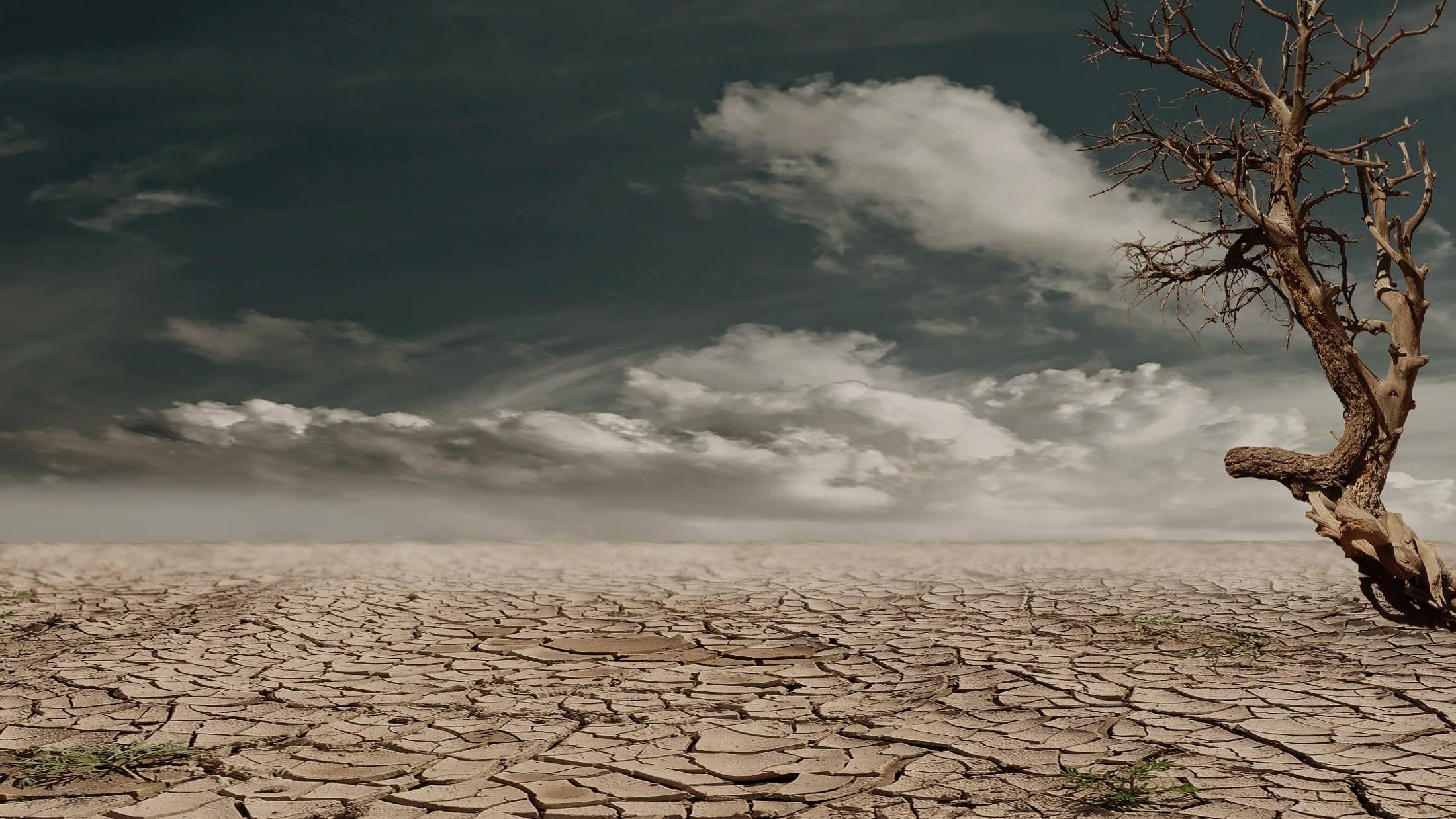
What Can 66-Million-Year-Old Carbon Dioxide Data Tell Us About Our Future Climate?

NSF-Funded Project Will Expand Access to Open-Source Geospatial Program
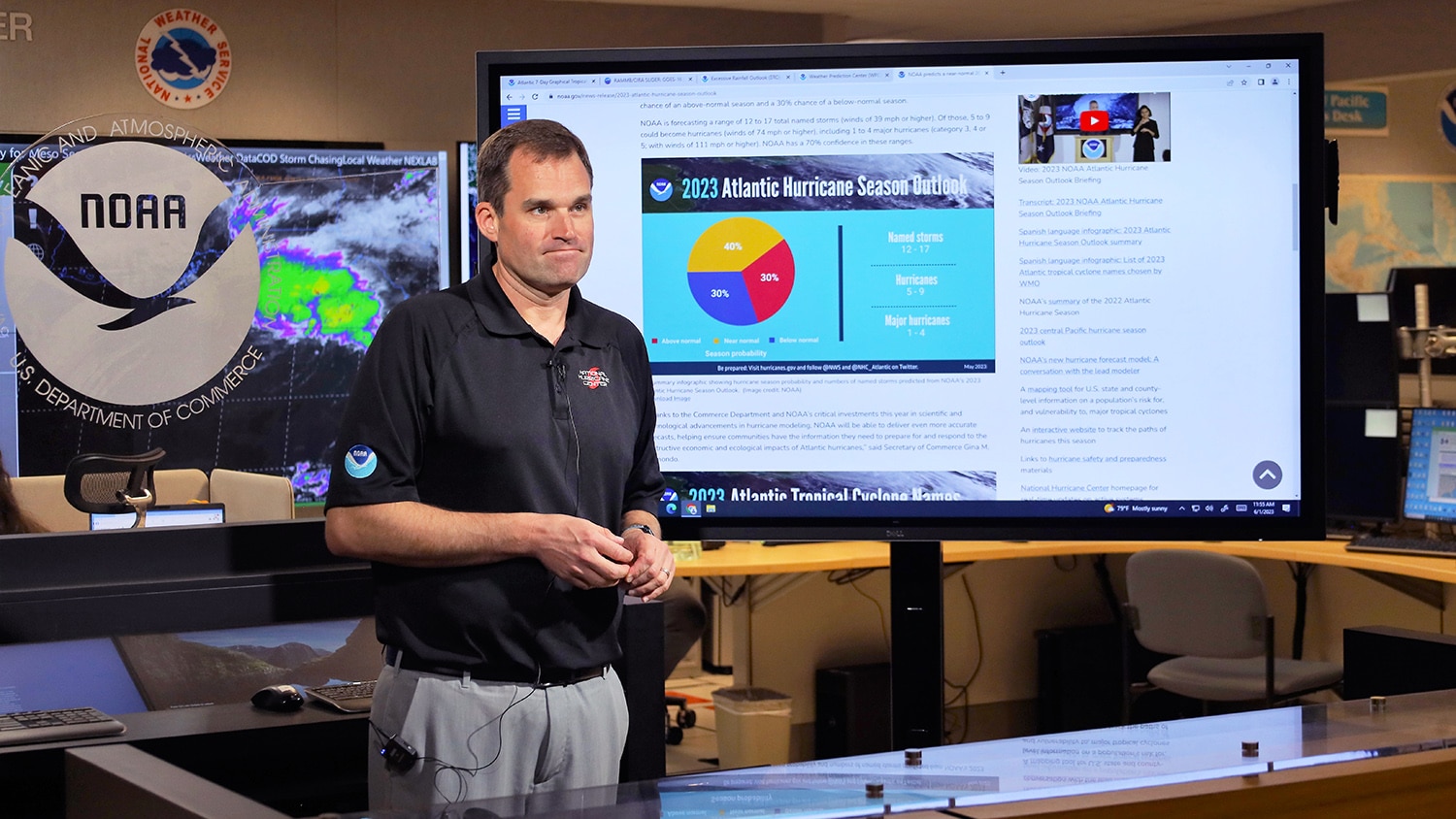
NC State Alumni Lead Nation’s Hurricane Preparedness Efforts

Wind, Water and Warming
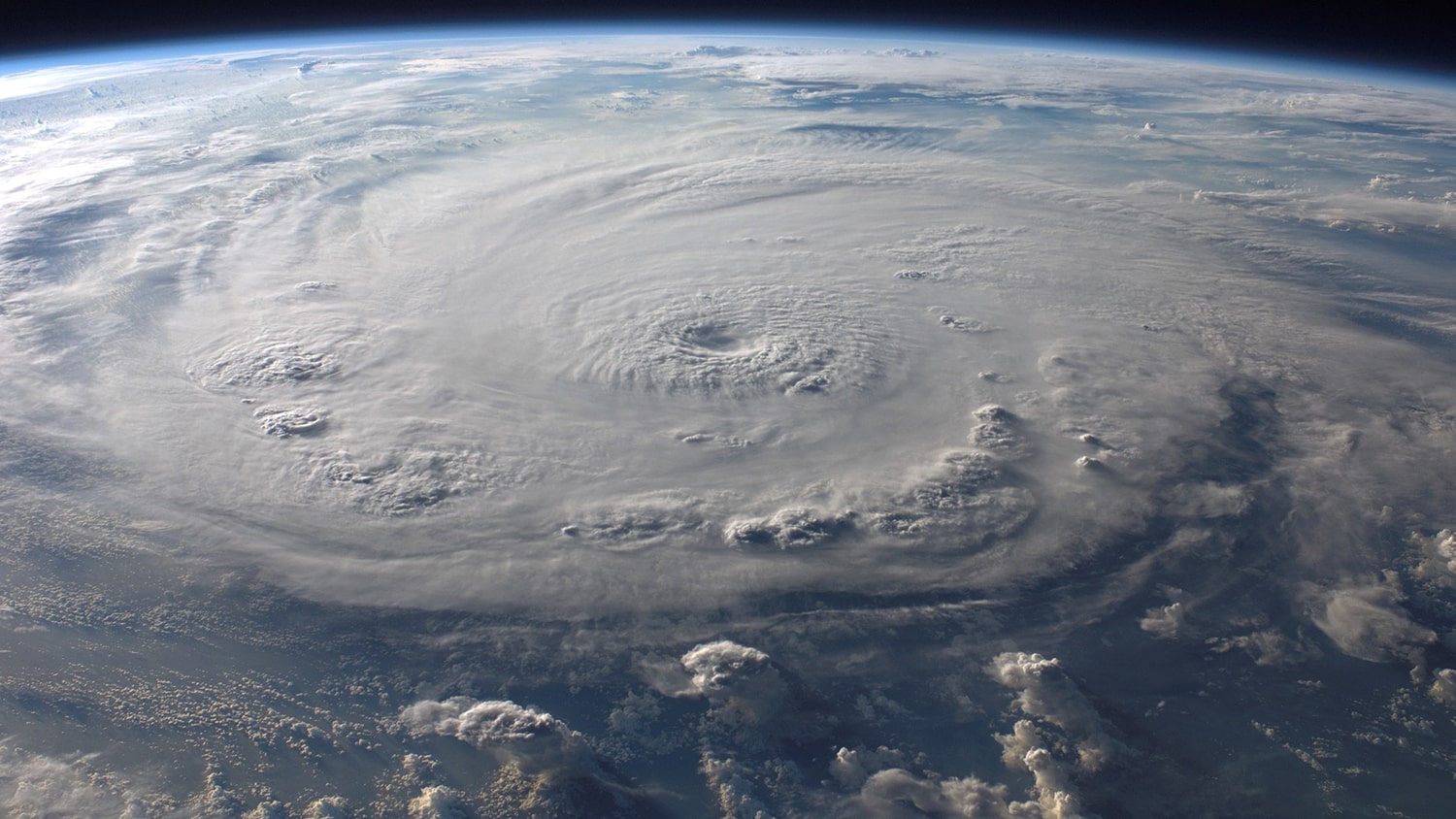
NC State Researchers Predict Normal Hurricane Season
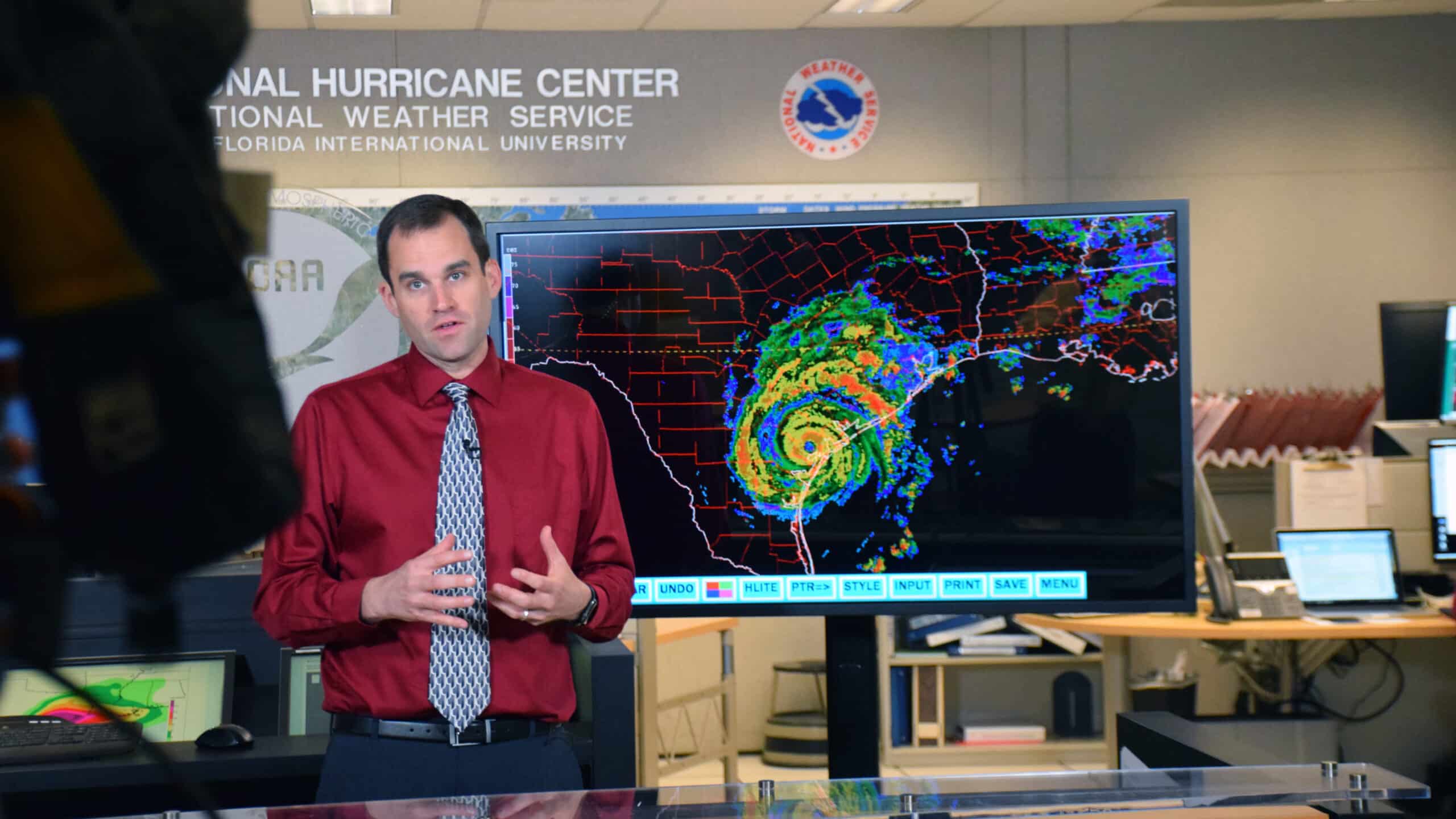
Three-Time Grad Named Director of Hurricane Center

Map of Ancient Ocean ‘Dead Zones’ Could Predict Future Locations, Impacts

New Visualization Tool Helps Weather Forecasters and Researchers More Easily Identify and Study Bands of Heavy Snow
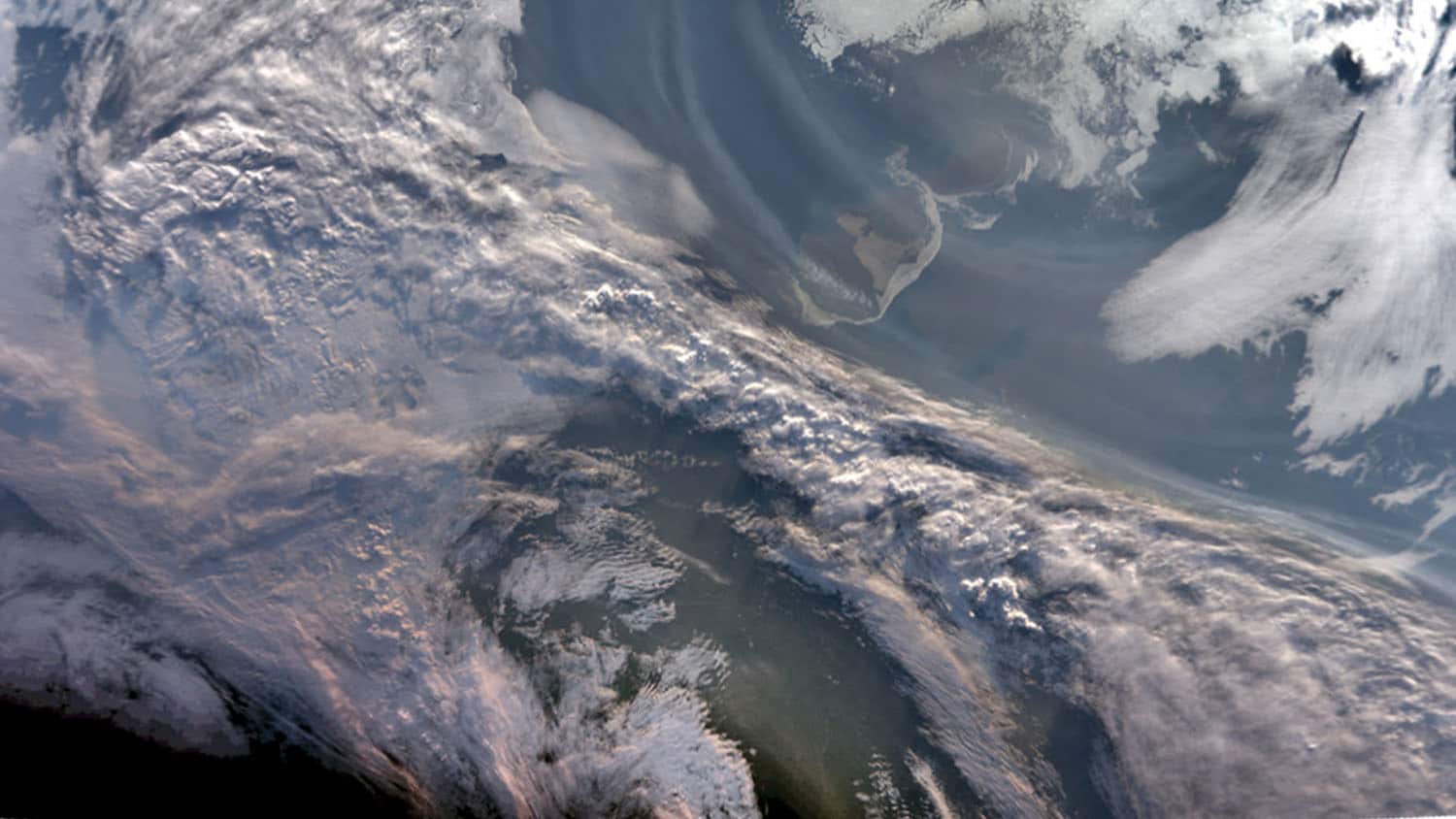
Wildfire Smoke May Have Amplified Arctic Phytoplankton Bloom
